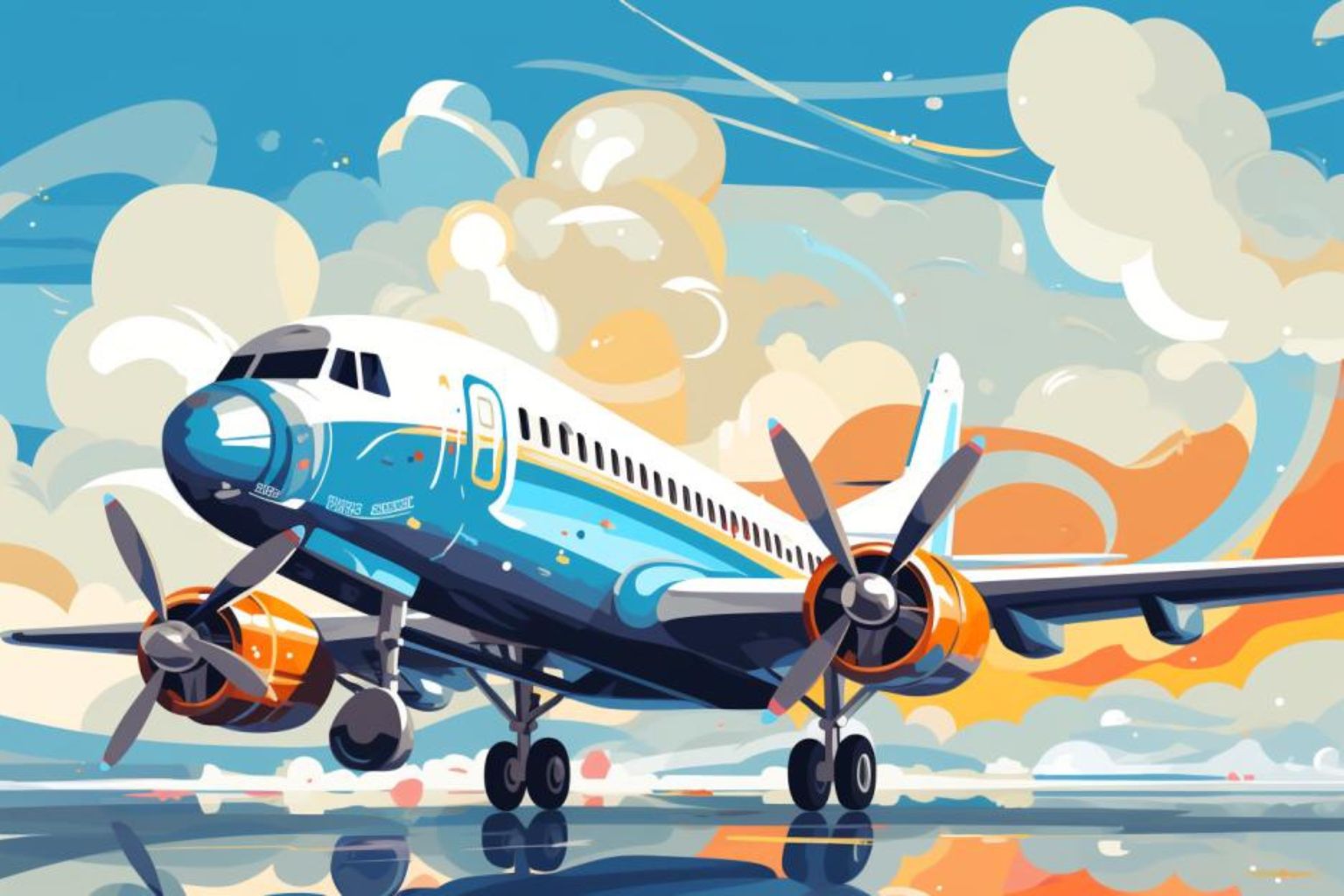When Sylvia Dawson tried to book airline tickets from New York to London for a group traveling next month, she was taken aback by the fare.
“We were told by Virgin Atlantic that there would be a fuel surcharge of $98 per person,” she says.
Dawson isn’t a novice who would be shocked by news like that. She’s a travel agent who specializes in tours to England, and books a lot of flights over the pond. The reservation was for a group of 20 clients headed to the U.K. on a tour.
Navigating the turbulent skies
“We know that the price of oil has skyrocketed,” she says. “But this group has been booked with Virgin since the beginning of the year. It seems that the increase is somewhat over the top.”
Worse, her group couldn’t pull out of the trip without incurring heavy penalties. The airline had them over a barrel, figuratively speaking. Either they would pay 14 percent more for the price of their tickets or lose their vacations.
Fuel surcharges are a peculiar thing. On domestic flights, the price of fuel must be included in the base fare quoted to passengers. But international flights aren’t regulated the same way, and an airline can quote a low base fare but then add a “fuel surcharge” later.
Is Virgin Atlantic out of line?
Before answering, consider this: While crude oil costs more than $100 a barrel, jet aircraft require a different grade of fuel that gets refined from crude oil. The price of jet fuel is almost $30 per barrel higher than crude at the moment. (Here’s our guide to booking an airline ticket.)
“The difference between the crude oil and jet fuel is called the crack spread which is more or less the market-driven price for refining crude oil into jet fuel,” says Robert Herbst, an airline analyst and former pilot. “Just like the price of crude oil goes up and down the crack spread moves in a very broad range, typically from $8 to $32.”
Fueling controversy
The average “crack spread” last year averaged about $10. In other words, airlines aren’t just paying more than we are at the pump — they’re paying a lot more.
Even by insuring against unanticipated fuel price increases by a practice called hedging, or paying for fuel up front at an agreed-upon price, it appears the domestic airline industry is headed toward a loss in 2011 unless jet fuel prices drop. (Related: Just say no: If travelers refused to pay fees.)
So no, Virgin Atlantic isn’t out of line by trying to cover its fuel costs. But is it going about it the wrong way?
This isn’t the first time Virgin’s fuel surcharges have been questioned. Back in 2008, the airline and British Airways agreed to pay $203 million to settle a lawsuit brought against it by passengers over the fees. However, Virgin doesn’t appear to have made any announcements about its fuel surcharges in the recent past. Rather, it seems to be adjusting its surcharges as the price of fuel increases.
Passengers don’t expect airlines to run a charity by giving away tickets. But why not raise fares to cover the cost of the extra fuel? And why wait until the last minute to broadside them with a fuel surcharge?
Indeed, the Transportation Department is considering rules that would force airlines to quote an “all-in” price — and stick to it — even if their costs increase between the time the ticket is booked and the flight leaves. To passengers, that seems reasonable.
Ticket turbulence
Dawson’s case was unusual, because it involved a group booking that hadn’t been paid yet. Normally, tickets that are already purchased aren’t subject to any kind of price increase.
My advocacy team and I contacted Virgin on behalf of Dawson, and Virgin’s group desk got in touch with her. It sent her new ticketing instructions which had a lower fuel surcharge and taxes, and extended her ticketing deadline.
“It looks as if my group may be spared a lot of extra expense,” she told me.
While I’m happy for Dawson, her case leaves me wondering if airlines should be adding a fuel surcharge to their tickets. After all, it’s not as if you can opt out of paying for fuel on your flight.




